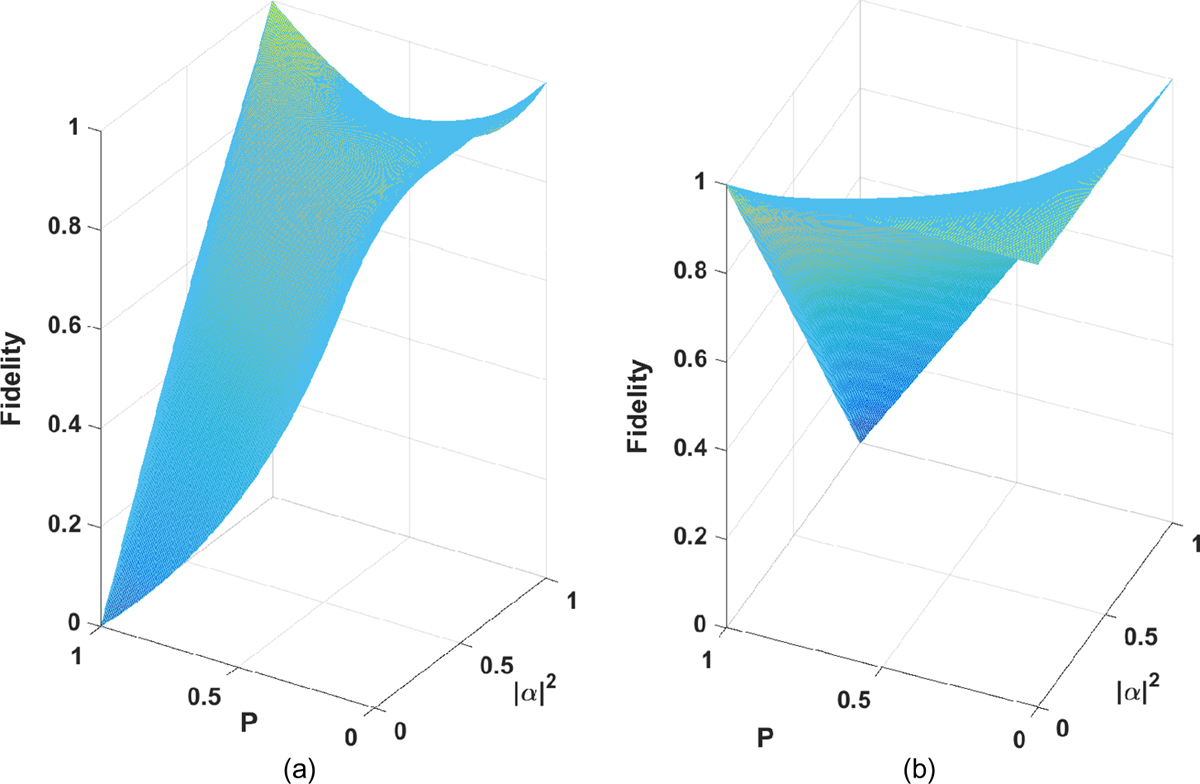EPJ D Highlight - High-fidelity quantum secret sharing prevents eavesdropping
- Details
- Published on 11 July 2018

Quantum secret-sharing scheme for noisy environments
To protect the confidentiality of a message during its transmission, people encrypt it. However, noise in the transmission channels can be a source of concern regarding how faithful the message transmission may be after it has been decrypted. This is particularly important for secrets shared using quantum scale messengers. For example, a classical secret takes the shape of a string of zeros and ones, whereas a quantum secret is akin to an unknown quantum state of two entangled particles carrying the secret. This is because no two quantum particles can be in the same state at any given time. In a new study published in EPJ D, Chen-Ming Bai from Shaanxi Normal University, Xi’an, China, and colleagues calculate the degree of fidelity of the quantum secret once transmitted and explore how to avoid eavesdropping.
What is exciting about quantum secrets is that they make it possible to share a secret among a number of participants. Yet, only certain participants can reconstruct the secret by collaborating. Creating a permission system to decide who can access the secret requires the development of a specific procedure. In this study, the authors provide a concrete example of how such an approach could work with three participants.
Since noise in the transmission channel has a great influence on the quantum secret shared, the authors analyse the impacts of two kinds of noisy channels on sharing quantum secrets. Indeed, the quantum system inevitably interacts with the external environment to produce quantum noise, which leads to entanglement between the quantum state and the environment.
In particular, the authors evaluate the consequences of quantum noise and the resulting degree of damping of the encrypted signal by examining its physical characteristics, like its amplitude. This helps determine how faithfully the secret has been transmitted to the receiver. Bai and colleagues find that the fidelity of the encrypted message's transmission improves depending on the quantum state in which the particles carrying the secret find themselves. The authors subsequently provide an optimised strategy to enhance fidelity in secret transmission.
C.M. Bai, Z.H. Li; and Y.M. Li (2018) ), Improving fidelity of quantum secret sharing in noisy environments, European Physical Journal D 72: 126, DOI: 10.1140/epjd/e2018-90055-5




